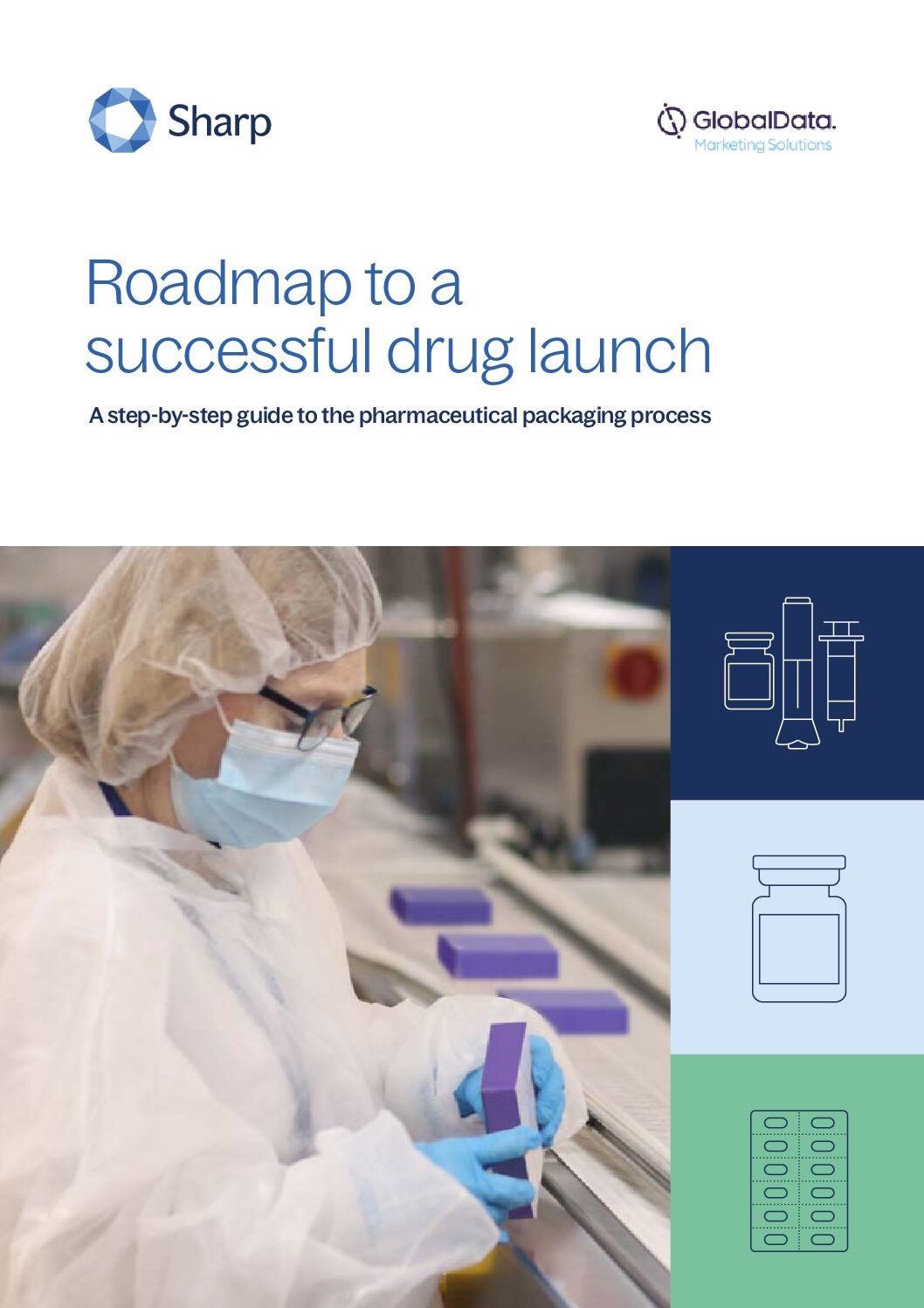When a clinical trial draws to its conclusion, returning and destroying investigational products (IPs) is often an overlooked consideration in the drug development process.
Even though IPs are destroyed after a clinical trial, the reconciliation and disposal of drugs is a critical phase that needs to be planned even before a trial begins. When it comes to reverse logistics, a thorough process must be put in place where the sponsor can account for the IP from the time it’s been produced to the point upon receiving a certificate of destruction.

US Tariffs are shifting - will you react or anticipate?
Don’t let policy changes catch you off guard. Stay proactive with real-time data and expert analysis.
By GlobalDataRegardless of a clinical trial’s size, drug accountability must be completed at the close of the study. This may involve accountability all the way down to the individual dose level. Even controlled substances, for instance, require meticulous reconciliation down to the tablet level. Therefore, returned IPs must be efficiently processed and detailed records must be maintained.
If the same framework applied at the start of the study isn’t carried out to its conclusion, companies risk encountering regulatory issues further down the line. Without a plan in place such complications can hamper a trial sponsor’s ability to end their study on time. What’s more, improper or untimely drug accountability can also lead to flawed data, a delayed time to market, and increased costs. The consequences of not performing this accountability can cost customers time, money, and can delay future profits.
So going forward, here are five key things to consider that can help ease the process of shifting drugs back to the sender:
- Keep transit points to a minimum – if possible, have your IP moved from the site directly back to your destruction vendor. The fewer hands that are involved, the less convoluted the process could be
- Sponsors must be sure to use a vendor that uses a secure on-site reconciliation process to avoid future queries, such as, missing or lost packages
- Assess packaging and site supply strategies to avoid stock overload of stock at investigator sites
- Monitor stability data to avoid expired stock at site – minimise the amount of returns you have if you continue to collect stability data
- Prepare a trusted “cradle to grave” reconciliation method from the start of your study. This will enable destruction as fast as possible







